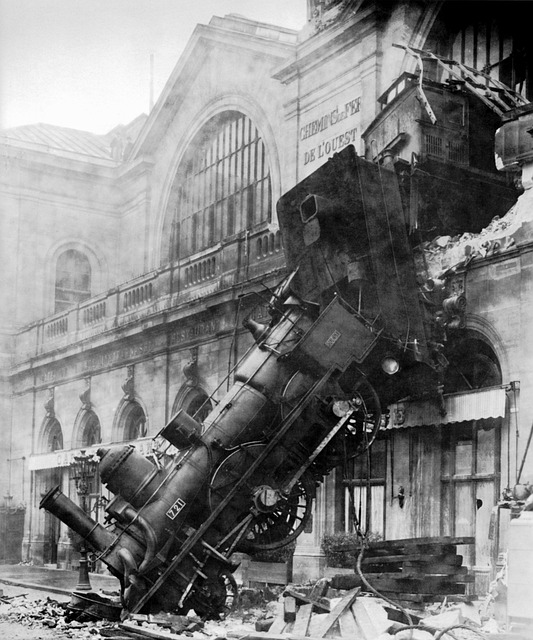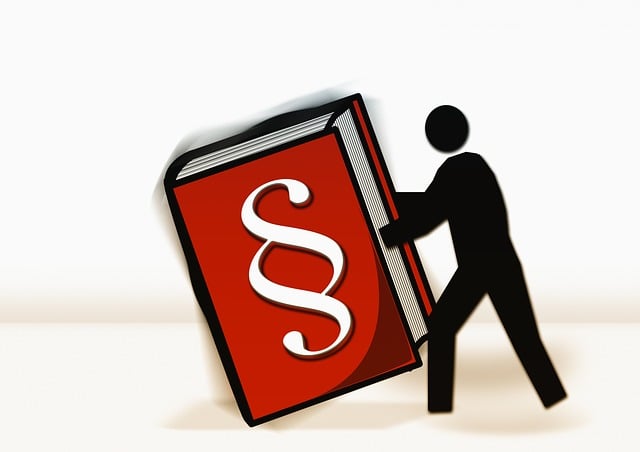A work injury attorney relies on critical documentation, including medical records, witness statements, and incident reports, to build a robust case for clients injured at work. They navigate complex legal processes by considering previous injuries, workers' comp claims, and insurance conflicts. This comprehensive approach ensures effective advocacy, facilitating swift and fair resolutions for workers, especially in slip-and-fall cases or instances of medical negligence.
When facing a work-related injury, understanding what documents a work injury attorney requires is crucial. This guide aims to illuminate the process, focusing on the role of documentation in successful work injury claims. From medical reports detailing injuries and treatments to employment records confirming your position and wages, attorneys need a tapestry of evidence to build a compelling case. We’ll explore common types of evidence sought and provide insights into submitting documents effectively for a positive outcome.
- Understanding the Role of Documentation in Work Injury Claims
- Common Types of Evidence Sought by a Work Injury Attorney
- The Process of Submitting Documents for a Successful Claim
Understanding the Role of Documentation in Work Injury Claims
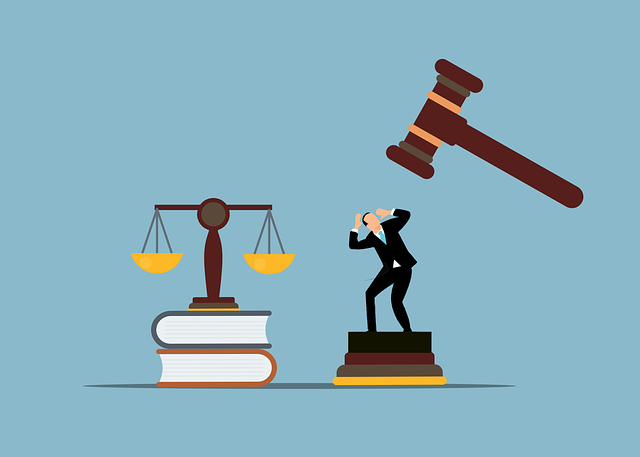
Documentation plays a crucial role in work injury claims, serving as concrete evidence that supports the case of both the employee and employer. A skilled work injury attorney will request specific documents to build a strong legal strategy. These may include medical records detailing the extent of injuries, employment histories, witness statements, and incident reports. Understanding the significance of proper documentation is essential for navigating complex legal processes, especially when dealing with slip and fall injuries or insurance coverage disputes.
In many cases, an attorney will also require documents related to previous injuries, workers’ compensation claims, or any relevant insurance disputes. This comprehensive approach ensures that all potential factors are considered, allowing the work injury attorney to advocate effectively on behalf of their client. Proper documentation not only strengthens the claim but can also help resolve issues swiftly and fairly, ensuring the rights of injured workers are protected.
Common Types of Evidence Sought by a Work Injury Attorney
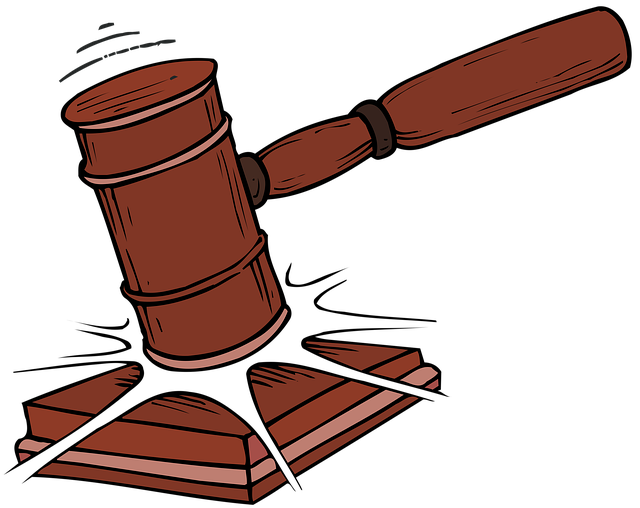
When a work injury occurs, a qualified work injury attorney will gather various pieces of evidence to support their client’s claim and ensure they receive adequate compensation. The types of evidence requested can vary depending on the specific circumstances of the case but often include key documents and testimonies that provide clarity on the events leading up to and surrounding the accident.
Common types of evidence sought by a work injury attorney may include employment contracts to establish the terms of employment, witness statements from colleagues or bystanders who observed the incident, and medical records detailing the extent of injuries sustained. In cases involving medical negligence, doctors’ reports, treatment plans, and follow-up care assessments can be pivotal in proving that the injury was work-related and not due to other causes. Additionally, photographs of the accident scene, equipment, or unsafe working conditions can serve as compelling visual evidence to strengthen a worker’s claim for compensation.
The Process of Submitting Documents for a Successful Claim
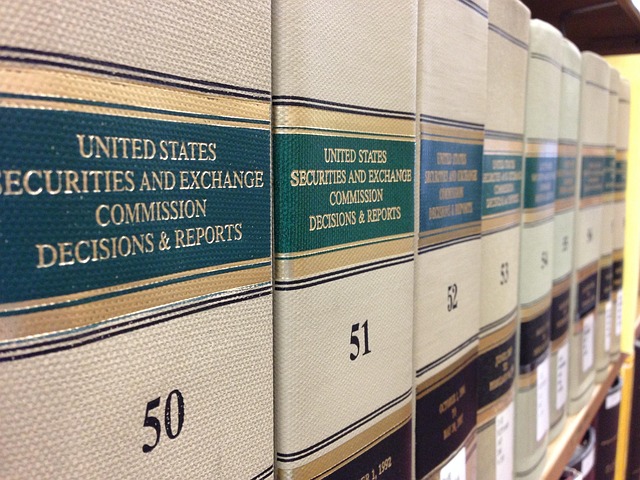
When you’re looking to file a successful work injury claim, it’s crucial to understand the process and what documents are required by your work injury attorney. The first step is gathering all relevant information and evidence related to the incident. This includes medical records detailing your injuries, any reports or statements from witnesses present during the accident, and photos or videos of the scene if available. Your work injury attorney will review these documents to build a strong case on your behalf.
Submitting these documents promptly is essential as it helps to expedite the claim process. A personal injury attorney or truck accident attorney will ensure that all required forms are accurately completed and submitted in a timely manner, which can significantly impact the outcome of your wrongful death claims. They will communicate with insurance companies, coordinate with medical professionals, and represent you throughout the legal proceedings to achieve the best possible resolution for your work-related injuries.
When seeking compensation for a work-related injury, thorough documentation is key. A skilled work injury attorney will request specific evidence to support your claim, ensuring a successful outcome. By gathering and presenting the right documents, you can navigate the process smoothly and increase your chances of receiving the financial support you deserve for any injuries sustained on the job.
